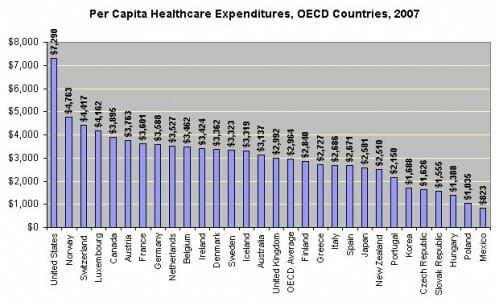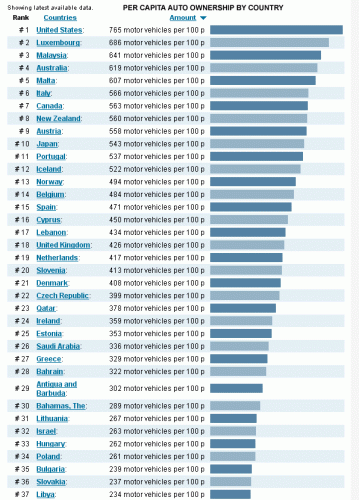Obama Still Lost In Honduras
Juan Carlos Hidalgo, via The Liberty Papers:
The Obama administration is threatening not to recognize the result of Honduras' presidential election in late November unless Manuel Zelaya returns to the presidency beforehand.
The presidential poll was already scheduled prior to Zelaya's (constitutional) removal from office last June. The candidates had already been selected by their parties through an open primary process. The current civilian interim president, Roberto Micheletti, is not running for office and plans to step down in January as stipulated by the Constitution. Both major presidential candidates supported the ouster of Zelaya. The political campaign is playing out in an orderly manner, and there's a significant chance that the candidate from the opposition National Party will win the presidency. The independent Electoral Tribunal is overseeing the process.
And yet the U.S. Department of State is signaling that it won't recognize the result of the poll in the name of defending Zelaya's return to power.
I am still really, really scratching my head over this. I suppose such efforts of the US to ignore due process in Latin America have occured in the past to support a pro-American regime, but Zelaya is if anything anti-American and explicitly aligned with Hugo Chavez. This simply makes no sense. As Quincy of the Liberty Papers writes
The Obama Administration has been going out of its way to be on the wrong side of both the law and morality when it comes to Honduras. Obama has his first chance to rebuke the shameful history of the US being propping up dictators in Latin America and what does he do? He goes out of his way to prop up a would-be dictator who had neither the support of the people nor of the Honduran Constitution. He's laid sanctions on the Honduran people. He refuses to recognize the legal, constitutional government of a country.
Agreed. Shameful. If Zelaya gets away with this, expect to see a rash of Latin American leaders attempting to overstay their terms as president.





